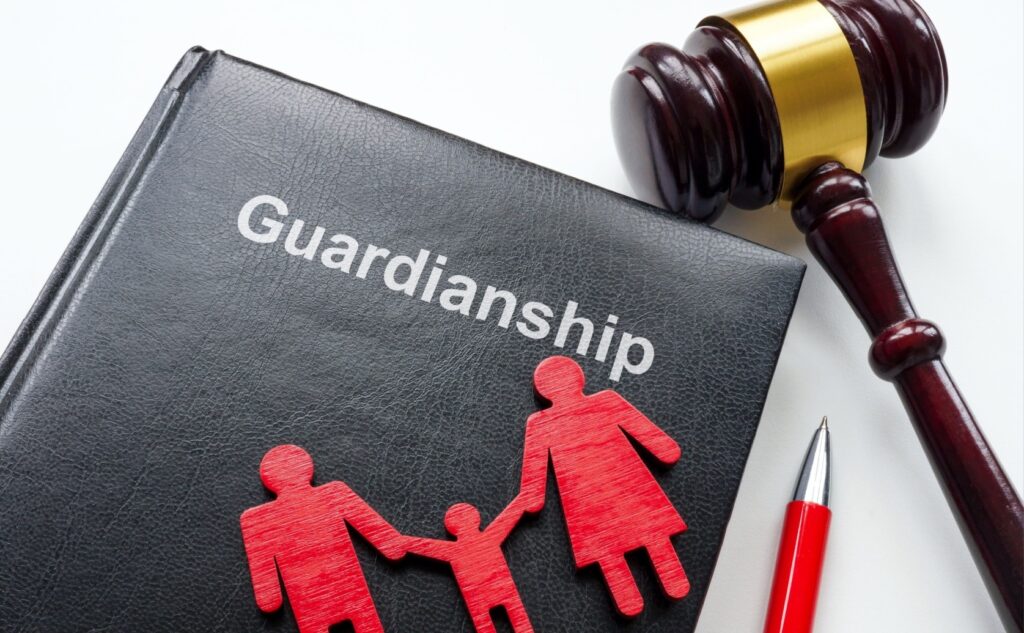Key Factors Influencing Guardianship Decisions
Guardianship decisions are often influenced by a variety of factors, including the best interests of the child, the capabilities of the proposed guardian, and the wishes of the parents. Courts prioritize the child's welfare, assessing emotional, physical, and educational needs when determining guardianship arrangements.
In many cases, the court will conduct a thorough investigation, which may include interviews with the child, potential guardians, and other relevant parties. For example, a social worker may be appointed to evaluate the living conditions and suitability of the proposed guardian, ensuring that the child's best interests are met.
Common Challenges in Guardianship Cases
Guardianship cases can present numerous challenges, such as disputes among family members or concerns about the proposed guardian's ability to fulfill their responsibilities. These conflicts often arise when multiple relatives express interest in becoming the guardian, leading to complex legal battles.
Additionally, guardianship may involve navigating emotional turmoil, particularly when the child is transitioning from one home to another. Courts may require mediation to resolve disputes amicably, emphasizing the importance of collaboration and communication among family members during these difficult times.
Legal Process for Establishing Guardianship
The legal process for establishing guardianship typically begins with filing a petition in probate court. This petition must outline the reasons for seeking guardianship and provide evidence supporting the proposed guardian's qualifications.
Once the petition is filed, the court will schedule a hearing where all interested parties can present their case. It is crucial for the petitioner to gather documentation, such as background checks and character references, to strengthen their position and demonstrate their capability to act in the child's best interests.
Impact of Guardianship on Family Dynamics
Establishing guardianship can significantly impact family dynamics, often creating rifts or reinforcing bonds among relatives. The designation of a guardian may lead to feelings of resentment or jealousy, particularly if family members disagree on who should take on this role.
Conversely, a well-structured guardianship can foster a supportive environment for the child, allowing family members to unite in their commitment to the child's welfare. Open communication and clear expectations can help mitigate conflicts and promote a cooperative approach to guardianship responsibilities.

